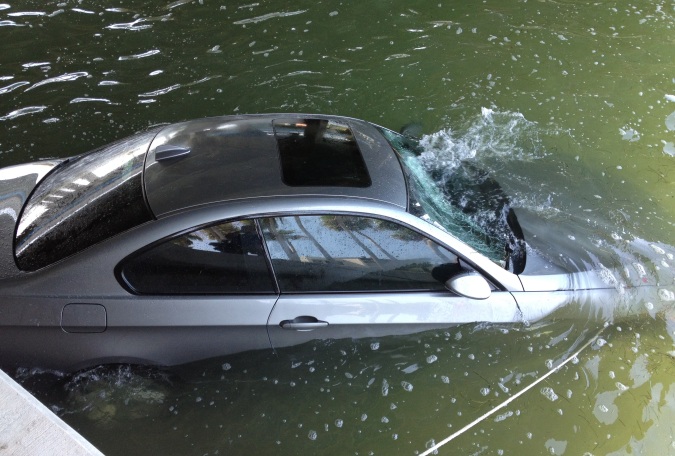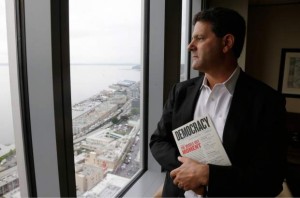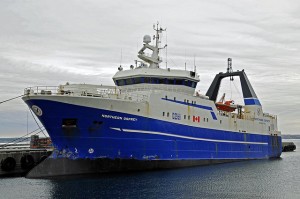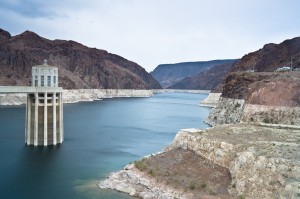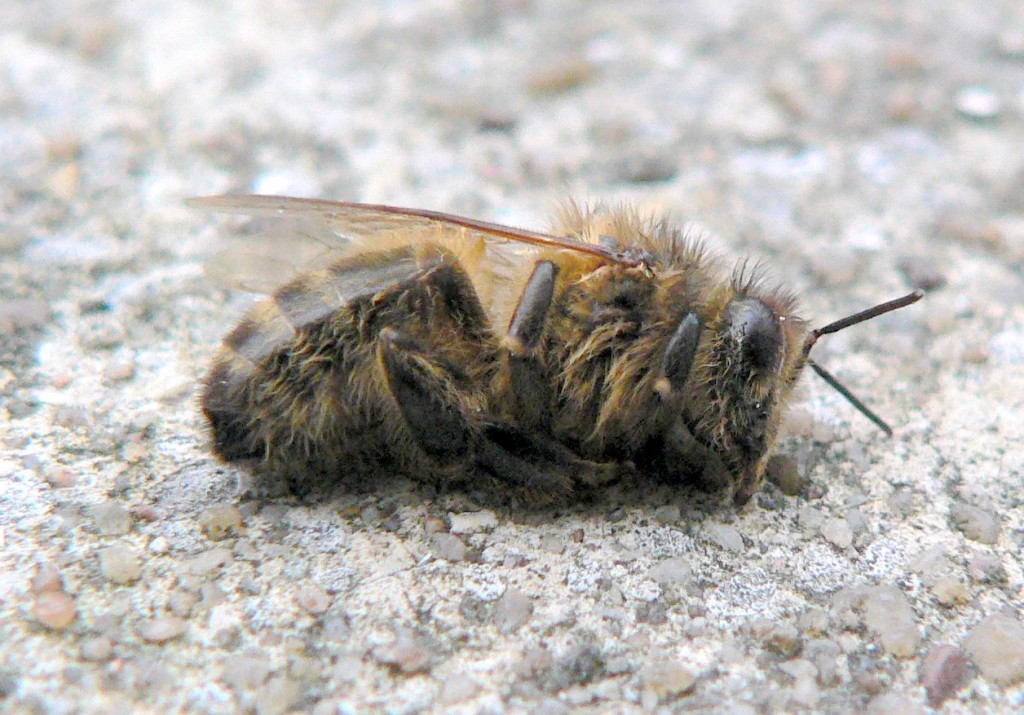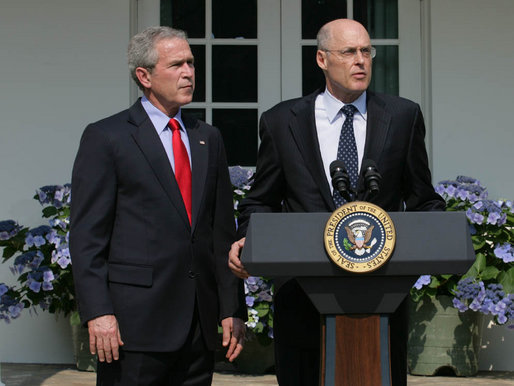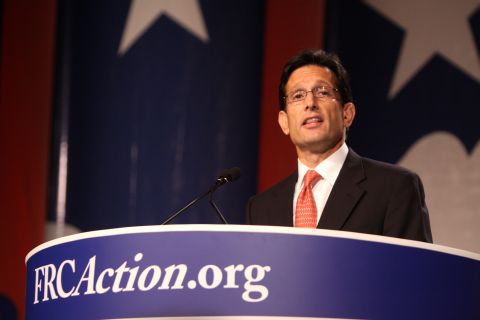Podcast: Play in new window | Download
Subscribe: RSS
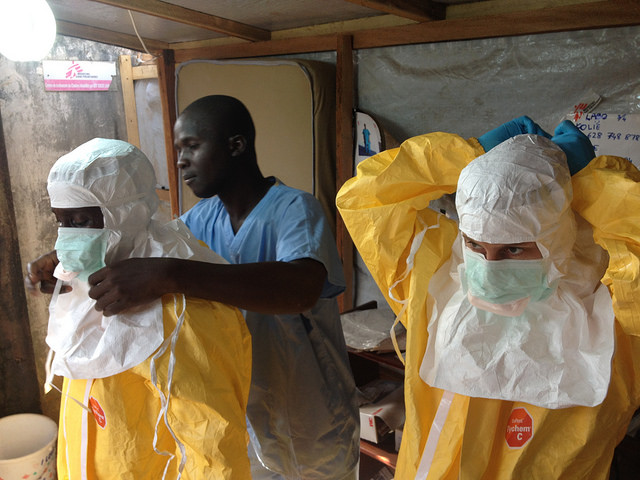
Health care workers in Guinea suit up before approaching patients infected with Ebola in the early days of an outbreak that has become a world health emergency. But it’s not the only one. (Photo by the European Commission.)
The world is transfixed right now by the awful spectacle of the Ebola outbreak in West Africa. It’s like a horror movie — it has inspired several — this monster that lurks for years in some remote African cave, then lashes out to condemn with its touch hundreds of people to a quick and ghastly death. Like a horror movie, the revulsion it inspires in us Americans is short-lived, a quick thrill of faux fear (it is, after all, in West Africa) somewhat like a child’s anxiety about a monster under the bed. But in our real-life movie, the Americans who hyperventilate briefly about the Ebola under the bed are ignorant of the fact that there are chain-saw mass murderers at the door and window. Continue reading
